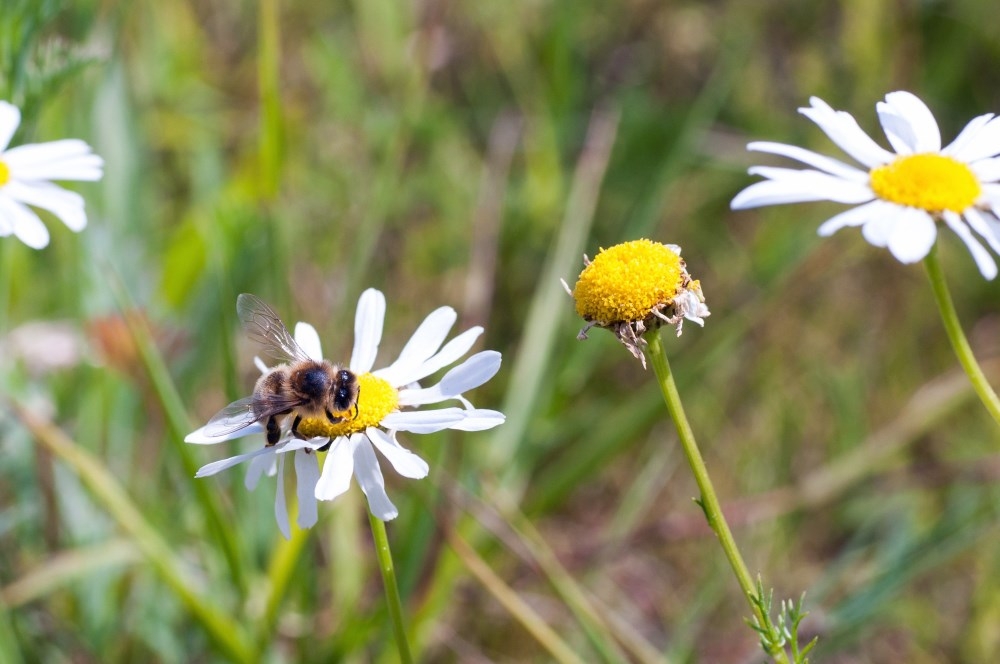Hive of activity at Low Carbon
We’re always busy bees at Low Carbon, but especially recently. We’ve just launched a new initiative to promote greater biodiversity in Cornwall, Dorset and Suffolk, with the help of UK honeybees.
Honeybee populations have halved in the UK over the last two decades, according to research by the University of Reading, with climate change, mites, pesticides and disorders, contributing to this.
To help give the bees a fighting chance, and encourage greater biodiversity in the UK, we have partnered with Plan Bee to install 25 bee hives across five of our solar farms. Each site now hosts more than 300,000 bees and they’re already producing some fantastic honey. With Plan Bee and our other tenant beekeepers we now have more than 2 million bees busily working on our solar parks.
To make sure everything is humming along nicely, we’re planning to connect each hive to the web so that Plan Bee can keep tabs on each bee colony by monitoring parameters such as brood temperature, humidity, hive weight and weather conditions, remotely.
As an organisation, we are always looking to play a central part in the farming communities surrounding our sites. By locating our solar farms on fallow land that is unusable for agriculture, we are not only supporting local economies, but we are also helping to protect local habitats and ecosystems.
Encouraging biodiversity should not be a bolt on for renewable energy companies, but rather a core responsibility. Protecting bees, insects and other species is a crucial part in the fight against climate change and we’re excited to be leading the charge with our latest initiative to support biodiversity.

